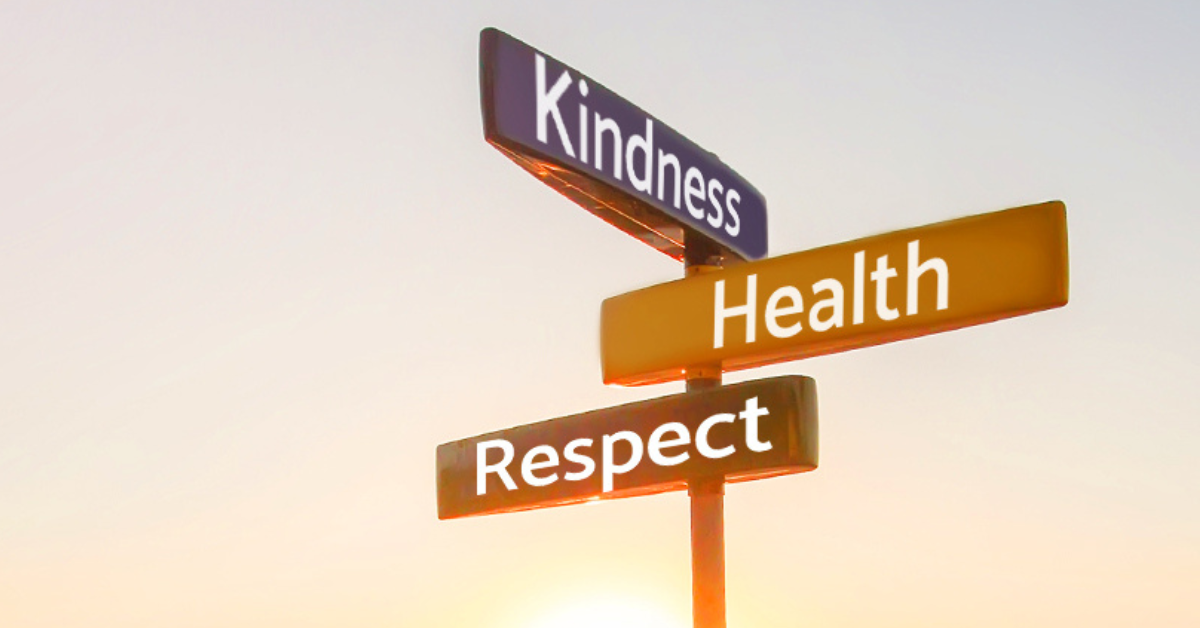
Conscious Living: What It Is and How Values Shape It
Ghuman et al. (2019) wrote that conscious living involves “silencing the continuous chatter of the mind in a relaxed playful manner and looking within to connect with what is going [on] inside us.” It is no shock to many of us that our minds are extremely busy, full of thoughts and self-talk that can be beneficial to us but may also cause psychological harm. When our thoughts are clouding our minds, it is also very challenging to look within and connect to what is happening internally. To begin this process, mindfulness practices like thought diffusion can support us to “[respond] flexibly to [our] cognitions so they can influence but do not dominate our behaviour” (Harris, 2019). Try an exercise like Leaves on the Stream which helps you observe your unhelpful or unwanted thoughts that naturally arise, rather than getting hooked. Once we gain more psychological flexibility through diffusion, the ‘chatter’ in our minds begins to hold less power and we can begin to turn inwards.
Ghuman et al. (2019) also wrote that conscious living requires a balance between silencing the continuous chatter and looking within to connect with what is going on inside us, without one overpowering the other. Values can help us find this balance. In Acceptance and Commitment Therapy (ACT), values are defined as “what’s truly important and meaningful to us… [guiding, inspiring, and motivating] us to do those things that will enrich and enhance our life” (Harris, 2019). They are not set goals but, rather intentional actions we take to become the person we want to be. Clarifying our values takes time and commitment; it also requires ongoing clarification as events occur in our lives that may shift what is most important and meaningful to us. For example, a 16-year-old might value embracing the moment and seeking freedom, while a 50-year-old might value seeking wisdom and finding peace.
The Role of Self-Awareness in Conscious Living
To become aware of our values, we can engage in values clarification exercises like the ACT Bullseye[1]. The ACT Bullseye asks us to mark down how closely we feel we are living in a values-oriented manner in relation to different areas of our life. As you complete the exercise, you may notice that there are two areas of your life where you experience a values conflict. For example, if you are living fully by your values in the work/education area and inconsistently with your values in the leisure area, there may be changes you need to make to find a better balance. At times, your values may guide you to focus more on one area of life over another, and this may change in a few weeks’ or months’ time.
Using our values as signposts for conscious living allows us to become more intentional about our actions, and more intentional about the direction of our lives. While it is inevitable that we will encounter barriers in living consciously, returning to our values can provide us a course of action to live as consciously as possible, and lead a purposeful and meaningful life.
